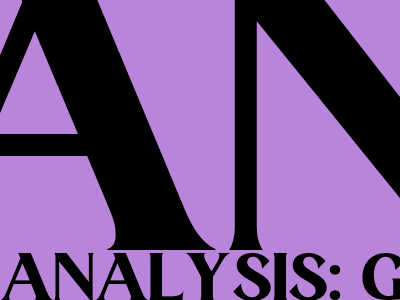
ANALYSIS: Growing Impatient, Courts Warn of Fake Gen AI Case Law
Introduction
Amid the hype surrounding generative artificial intelligence (AI), courts are growing increasingly concerned about the potential for fake case law to mislead judges and distort legal proceedings. Generative AI refers to a type of technology that can generate original content, including text, code, and images, based on patterns it learns from existing data.
While generative AI has the potential to enhance legal research and automate certain tasks, experts warn that it could also be used to create realistic-looking but entirely fabricated case law. This fake case law could be used to support dubious legal arguments or even mislead judges into making incorrect rulings.
AI Adoption and its Impact on the Legal Industry
Over the past few years, AI adoption has rapidly increased in various industries, including the legal sector. AI-powered tools are being deployed for tasks such as legal research, contract review, and even predicting case outcomes. However, the potential misuse of AI, such as the creation and dissemination of fake case law, remains a growing concern.
Challenges in Distinguishing Real from Fake Case Law
Potential Risks of Fake Case Law
The potential risks of fake case law are numerous and significant. Fake case law could:
Growing Impatience from Courts
Courts are demonstrating growing impatience with the potential for fake case law to undermine the legal system. Several recent cases have highlighted the dangers of relying on unverified legal sources and the need for courts to take a proactive approach to combating fake case law.
Addressing the Fake Case Law Problem
Addressing the problem of fake case law requires a multi-pronged approach involving courts, legal professionals, and technology companies.
Courts
Legal Professionals
Technology Companies
Conclusion
The growing use of generative AI has the potential to revolutionize the legal industry, but it also poses significant risks. The potential for fake case law to mislead judges and undermine the legal system is a serious concern that courts, legal professionals, and technology companies must work together to address.
By taking a proactive approach to combating fake case law, we can ensure that the legal system remains a reliable and trustworthy source of justice for all.
Additional Resources:
- ABA Model Rule 1.1: Competence
- New York State Bar Association Opinion 1327: Ethical Issues in the Use of Artificial Intelligence in the Practice of Law
- Michigan Bar Journal: Fake Case Law: An Emerging Threat to the Legal Profession
- Law.com: Fake Case Law Is a Problem, and the Legal Profession Needs to Address It